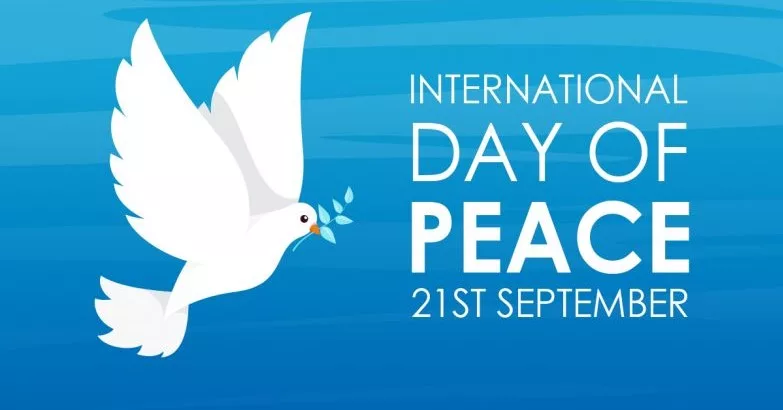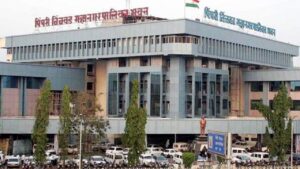Kalyani Nagar residents call for unity ahead of International Peace Day

Kalyani Nagar residents call for unity ahead of International Peace Day
By: Pune Pulse
September 20, 2023
Pune: Ahead of 21st September which is globally recognized as International Peace Day, residents of Kalyani Nagar in Pune have called for a day of unity and ceasefire.
As per further information by Kalyani Nagar residents, the International Day of Peace was first established in 1981 by a unanimous resolution in the United Nations General Assembly.
It is observed on September 21st each year, and it provides an opportunity for individuals, organizations, and nations to work together towards creating a culture of peace. The day is also known as the ‘Day of ceasefire’ or ‘Peace Day.’

The reason behind celebrating this day is to strengthen the ideals of peace both within and among all nations and peoples. It aims to foster a spirit of dialogue, mutual respect and understanding among people from different backgrounds, cultures, and beliefs.
Moreover, it encourages nations to resolve conflicts through peaceful means and to promote disarmament, arms control, and weapons elimination.
On this day, various events and activities are organized globally, such as concerts, vigils, marches, conferences, and community service projects. These events aim to promote peace, tolerance, and understanding, while also raising awareness about the devastating effects of war and conflict.
In light of recent global events, the significance of the International Day of Peace has become even more evident. With ongoing conflicts, terrorism, and political tensions, the world needs a renewed commitment to peace now more than ever. Therefore, we must utilize this platform to spread messages of unity, solidarity, and reconciliation.
India, as a nation, takes various initiatives to promote peace and harmony, both domestically and internationally. Some of the key initiatives and efforts include:
· Participation in UN Peacekeeping: India is one of the largest contributors to United Nations Peacekeeping Missions. Indian troops have been deployed in conflict zones worldwide to support peace and stability.
· Diplomatic Engagements: India actively engages in diplomatic efforts to mediate and resolve conflicts in the South Asian region and beyond. India’s diplomatic interventions aim to foster peaceful relations among neighbouring countries.
· Promotion of Non-Violence: India, the birthplace of Mahatma Gandhi, emphasizes the principle of non-violence as a means to achieve social and political change. This philosophy continues to influence India’s approach to conflict resolution.
· Cultural Exchanges: India promotes cultural diplomacy through various cultural exchanges and initiatives. People-to-people interactions through cultural events help bridge divides and promote understanding.
· Track-II Diplomacy: India encourages Track-II diplomacy, which involves non-governmental organizations (NGOs), think tanks, and civil society in peace-building efforts and dialogue with conflicting parties.
· Peace Education: India emphasizes peace education in schools and universities, teaching the values of tolerance, non-violence, and conflict resolution from an early age.
· Support for Neighbouring Nations: India provides development assistance and support to neighbouring nations, fostering economic and social development and contributing to regional stability.
· Counter-Terrorism Cooperation: India actively cooperates with other nations in countering terrorism and extremism, aiming to maintain regional and global security.
· Environmental Sustainability: India recognizes the link between environmental degradation and conflict. Initiatives to address climate change and promote sustainable development contribute to long-term peace.
· International Forums: India participates in international forums such as the United Nations, BRICS, G20, and others to engage in dialogues and negotiations on global issues, including peace and security.
· Promotion of Interfaith Harmony: India promotes interfaith dialogue and understanding to foster religious harmony within its diverse population and contribute to global peace.
· Conflict Resolution in Northeast: India actively engages in conflict resolution efforts in regions like the Northeast, aiming to address long-standing conflicts and promote stability.
These initiatives reflect India’s commitment to peace, both within its borders and on the global stage. India acknowledges that peace is not just the absence of conflict but a comprehensive effort to build a just and inclusive society that values diversity, dialogue, and cooperation.
Shreyas Vange









